Pool Programming
Swimming pools may be one of the most expensive overheads for sports and leisure operators, but clever programming and subcontracting swimming lessons can help maximise usage and drive revenue
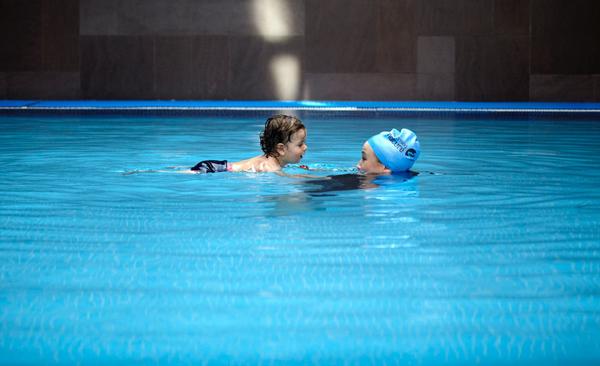
There can be a general reluctance to embrace change, especially at a time of financial uncertainty or when budgets are being cut,” says Kayle Burgham, technical manager for aquatics at Swimming Teachers’ Association (STA). “But this should be the catalyst to be creative and explore new ways to maximise pool space and increase revenue.”
Operators who adopt a commercial view and diversify their pool programmes can create value around their pools, make better use of pool time, and increase usage as well as drive income.
“Having a structured and well organised swimming scheme can create massive income for a leisure centre. A programme with correct classes and good teachers mean learners will progress to the next group, creating more space at the lower levels where new learners can join,” says Burgham.
One on one lessons are also a valuable way of generating income. Swimming Nature delivers 1,300 bespoke one on one and small group classes in 50 venues across London and Edinburgh using its own teachers. It partnered with Fitness First earlier this year to offer private adult swimming lessons at 11 clubs, and is currently rolling the scheme out to other sites.
“We teach more than 4,700 people a week, from babies through to adults. This provides a regular revenue stream for our pool partners, as our students commit to a full term in advance and we currently have over 85 per cent retention rate,” says Eduardo Ferré, founder of Swimming Nature. Group classes are typically two or three to one, and no more than six to one for adults, so they only require a small section of the pool, meaning regular use isn’t disrupted.
Children’s programmes are tied to the school calendar, which is generally 15 weeks in the autumn, 12 in spring and 12 in summer. The company also runs fast track courses during the school holidays which take place daily for five days. Adult lessons are more flexible and are purchased in blocks.
“The beauty of our lessons is the simplicity; we teach people to swim naturally without flotation devices or aids,” says Ferré. “We can tailor each lesson to each student, tracking their progress in the pool on waterproof tablet devices for efficiency. We focus on breathing and flotation first and only when that is established, do we move onto actual swimming. The benefit of this is that there are no additional apparatus/tools for the pool operator to provide or authorise.”
As well as generating revenue – one partner experienced a 25 per increase across four sites in one year – the company supports partners with proactive marketing and PR initiatives.
Beyond learn-to-swim
The STA conducted a national baby swim school survey this year, which confirmed substantial growth in the demand for baby swimming over the last five years.
Seventy per cent of respondents said they have waiting lists for baby swimming lessons and almost 86 per cent believed the market had not yet reached its peak, although many warned that growth could be capped because of pool time availability. “There is a real opportunity for pool owners to maximise income in this growth area,” says Burgham.
The STA’s Baby and Pre-School qualification gives teachers the skills to teach aquatic activities to babies and pre-school children. Retaining children after learn-to-swim programmes can be a challenge. The Royal Life Saving Society UK’s (RLSS UK) Rookie Lifeguard Programme is an awards scheme for eight to 12-year-olds teaching lifesaving skills. Designed to help operators retain children for a further three years, the nine awards contain survival, rescue and sports skills as well as life support and water safety elements. Staff who hold a Level 2 swimming teacher qualification and a lifesaving qualification can qualify as a Rookie Lifeguard Instructor without needing to attend a course. Operated by PfP, Wolverhampton Swimming and Fitness Centre runs four half hour Rookie classes each week, 50 weeks a year generating between £4,500 to £9,000 per annum.
The STA’s new Junior Lifeguard Academy, which is also aimed at youngsters aged eight years and above, offers more than 40 different aquatic and fitness activities, which can be programmed in the shallow and deep end to maximise pool space, as well as on dryside with a junior medic.
For older children (12 years and above) and adults, the RLSS UK offers the Survive & Save lifesaving awards programme. The awards teach lifesaving rescue, self-rescue, survival and lifesaving sport skills, and also develop swimming ability and fitness.
“The programme allows operators to add another six awards to their pool programme to help attract new swimmers and retain those from other programmes. One 10-week course for 12 pupils can potentially achieve an income of more than £1,000,” says Martin Symcox, director of the charity’s training subsidiary, IQL UK. Any member of staff can qualify to deliver the Survive and Save awards by qualifying as a lifesaving instructor. Young people from the age of 16 can qualify as a lifeguard, which provides another opportunity to engage young people.
The RLSS UK National Pool Lifeguard Qualification (NPLQ) is the most awarded lifeguard qualification in the UK and Ireland and is also recognised internationally. Operators can market the qualification as a way for students to fund their studies – or even as a stepping stone for them to enter into a career in leisure. STA also offers accredited lifeguarding qualifications.
There are a host of other programmes operators can offer. Open water swimming is the second fastest growing mass sport in the UK and STA’s Pool to Open Water Swimming Coaching qualification helps teachers prepare individuals for open water swimming in a swimming pool setting; creating new class opportunities. Meanwhile, the RLSS UK has teamed up with Surf Life Saving Association Wales and Surf Life Saving GB to develop the National Vocational Beach Lifeguard Qualification, which launched this spring. All of the above programmes are supported by a wide range of quality teaching resources and marketing materials.
Going in house
Getting accredited to deliver training in-house can provide a variety of benefits for operators. “Training an in-house aquatic tutor means more staff can be trained in swimming to support lesson cover,” says Burgham. “This reduces the number of cancelled lessons. It also means teachers can be trained in all aquatic disciplines, including swimming and lifesaving, to deliver a flexible and versatile programme. The tutor can also deliver CPD and keep staff up-skilled to the highest quality, which will benefit the reputation of the centre.”
The STA do not charge approved centre fees, which brings further cost savings.Operators can also open up courses to the community or external candidates to generate income. An operator can generate £3,000 from running a National Pool Lifeguard Qualification course.
The RLSS UK has 1,000 Approved Training Centres covering 2,500 pools; which are accredited to deliver the RLSS UK National Pool Lifeguard Qualification as well as other RLSS UK qualifications.
“The breadth and diversity of our Approved Training Centre network is a major strength and enables us to ensure that our qualifications are accessible and relevant to today’s leisure market. Approved Training Centres enjoy a range of benefits from their approved status such as advertising opportunities, marketing support and technical advice and guidance,” says Symcox.
There’s no doubt that pools are an expensive overhead, but taking an innovative approach to managing pool programming can help them to pay their way. “Offering a diverse mix of programmes is key to retaining customers, attracting new ones and maximising revenue,” says Burgham.
Water Babies
Water Babies is the UK’s largest baby and toddler swim school. Run as a series of franchises, it teaches more than 45,000 children in the pool every year. Each franchise has relationships with local pools and buys pool time to run its classes. Water Babies spends around £2.5m on pool hire in the UK every year.
The programme is endorsed by the Amateur Swimming Association (ASA) and Water Babies teachers obtain a nationally recognised diploma in baby swimming approved by SkillsActive. Water Babies lessons can bring significant benefits to pools, helping to secure ongoing additional revenue through pool hire and associated supplementary income, including potential membership conversions and hire of dry side facilities. Classes can be scheduled to run during quiet pool times, which wouldn’t usually generate income for pool operators. The classes encourage a natural progression into pools’ own existing learn2swim programmes.
The Water Babies’ pool doctor service provides technical support and guidance to operators, helping to improve standards of operation and reduce the amount of down time.


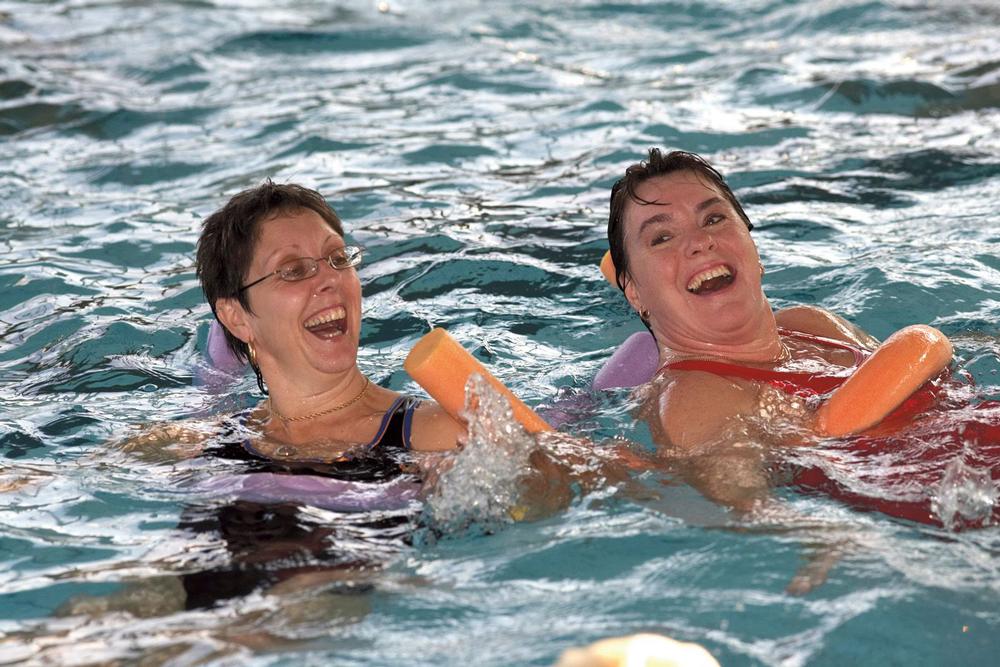
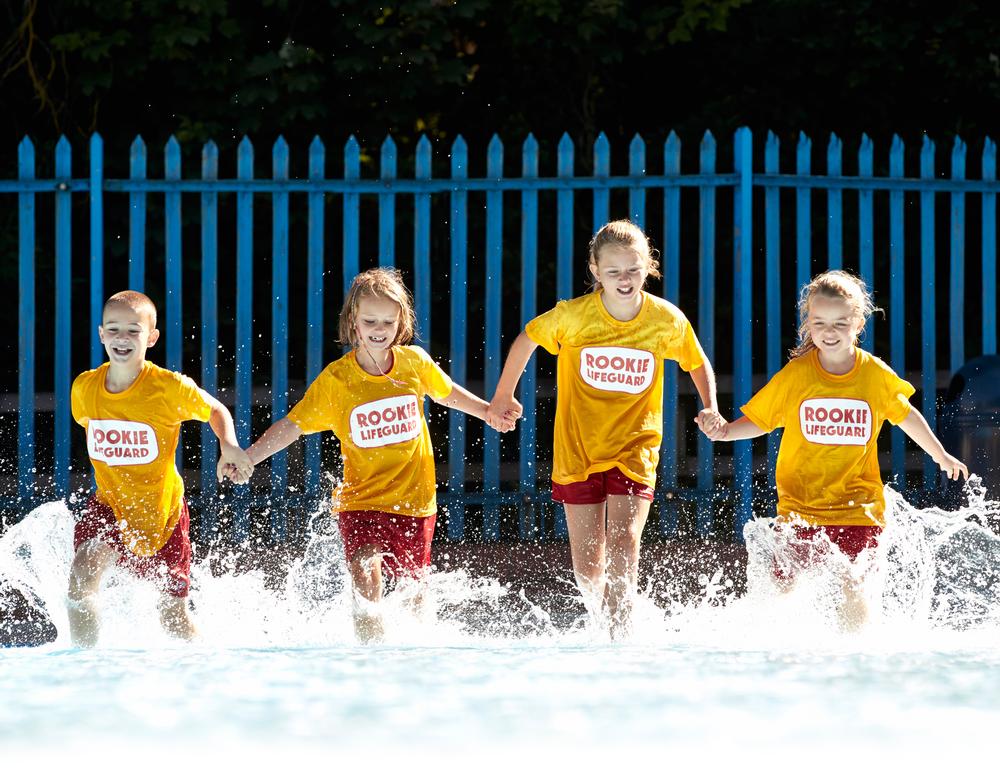
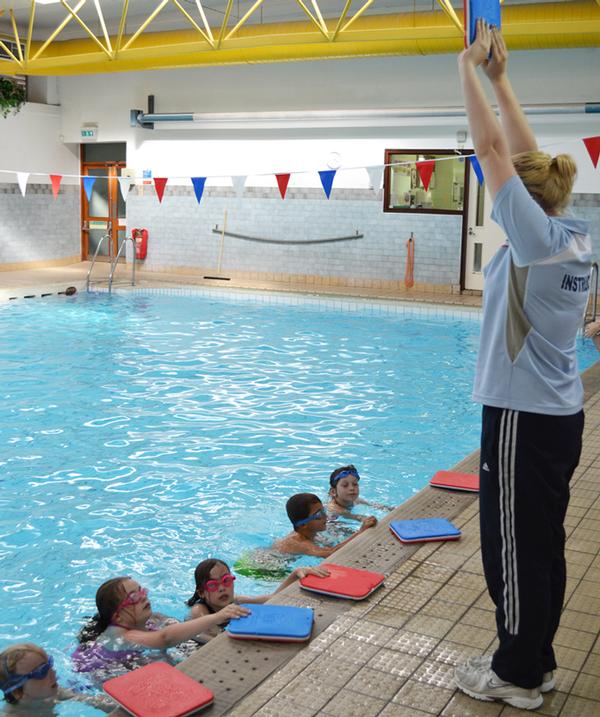
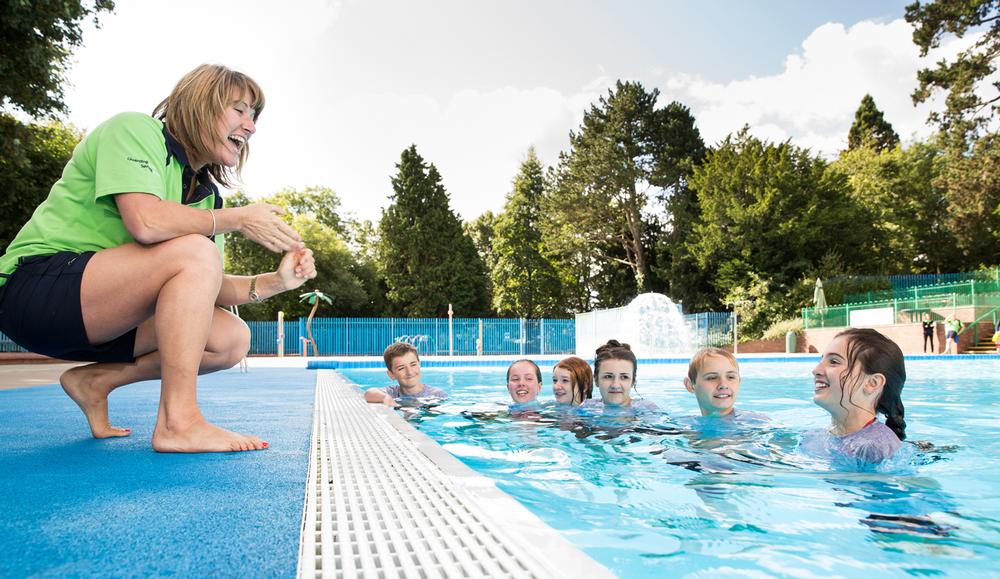
Team Leader (Harrow School Fitness Club)
Centre Manager (Leisure)
Director of Operations
Fitness Motivator
Recreation Assistant/Lifeguard (NPLQ required)
Membership Manager
Recreation Assistant
Swim Teacher
Swim Teacher
Chief Executive Officer, Mount Batten Centre
Swim Teacher
Swimming Teacher
Swimming Teacher
Company profile

Featured Supplier

Property & Tenders
Company: Knight Frank
Company: Belvoir Castle
Company: AVISON YOUNG
Company: London Borough of Bexley
Company: Forestry England














